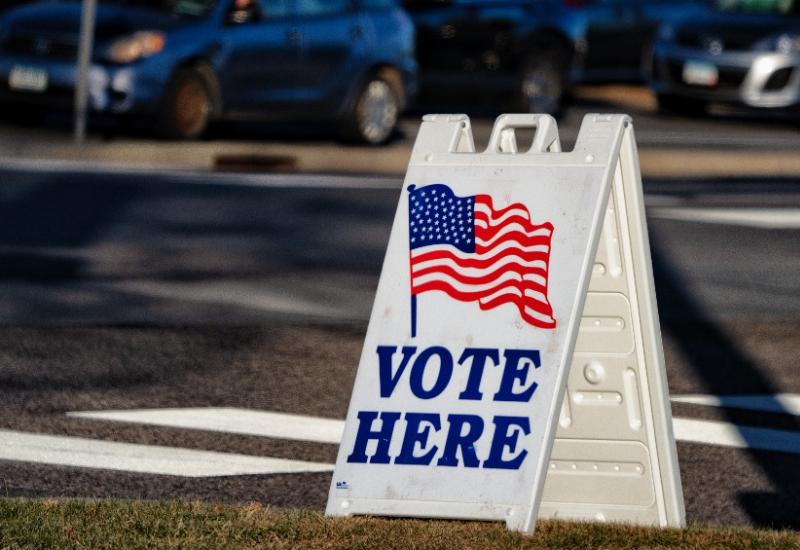


When election season comes around in early November, most voters don’t have the time to research all the candidates on their ballot. In most cases, voters are looking for trustworthy information to help them decide who deserves their vote.
Research by George Barna found just after the 2024 general election that even though the biggest voting influence was the party platform, voter guides were listed as having “a lot of influence” by those in various faith-based demographics. Take into account that voters in primary elections are not able to base their vote on party platforms and thus depend even more upon voter guides to inform their decision-making.
Since voter guides are prepared with different goals, from different sources, and with different methods, how do you choose a voter guide that you can trust?
1. Determine the type of voter guide you are looking for
There is a wide variety of documents called voter guides. They range from a simple list of recommendations to detailed research of each individual candidate.
Different guides serve different needs. Understanding your goals helps narrow your options.
2. Look at who produces the guide(s)
 Is it a nonpartisan organization, an advocacy group, a media outlet or a government entity? Knowing the source can tell you:
Is it a nonpartisan organization, an advocacy group, a media outlet or a government entity? Knowing the source can tell you:
Reputable guides usually provide clear information about their mission and how they gather and present candidate data. Look at more than what the organization says about itself; look at who funds it and what political issues they support.
3. Evaluate each guide’s objectivity and unique perspective
Some guides strive for neutrality; others offer information from a particular viewpoint. One is not inherently better than the other -- it depends on what you want and the transparency of the organization. Even guides with a specific perspective should handle facts fairly, cite sources, and allow candidates a chance to respond.
Look for whether the guide allows voters to see side-by-side comparisons, direct quotes from candidates, and links to voting records.
4. Look for depth and local coverage
When you go into the voting booth, your ballot may contain candidates from the U.S. Senate all the way down to the city council or sheriff. Some voter guides just focus on national or high-profile races. The most useful ones will also provide information on down-ballot races, ballot measures, judicial races, local municipal and school board races, which often have the biggest impact on your day-to-day life. The more comprehensive and locally focused the guide is, the more valuable it may be.
5. Check candidate participation
Some guides contact candidates directly with surveys or questionnaires. This can be a great way to see where candidates stand in their own words. However, not all candidates respond -- so check how the guide handles non-responses, and whether it indicates when information was provided by the candidate versus researched independently.
Additionally, some voter guides are “pay to play.” The candidate pays to have their information included; not all candidates will have the same access, and the determinations may be swayed by monetary donations, making it less objective. Look for a voter guide that gives each candidate the same opportunities to participate and objectively looks at each candidate in a race.
6. Verify with multiple sources
No single voter guide will be perfect or completely exhaustive. Consider consulting more than one, especially if you’re undecided or want to double-check claims. Cross-referencing helps reduce bias and increases confidence in your choices.
A good voter guide empowers you to make decisions based on accurate, relevant, and transparent information. Whether you’re a first-time voter or a seasoned one, taking a few moments to choose a guide that fits your values and standards is a worthwhile investment in the democratic process.
Debbie Wuthnow is the president of iVoterGuide, a division of AFA Action, and a member of the Board of Directors of AFA Action. She joined iVoterGuide in 2011 as a data analyst and was named president in 2018. iVoterGuide is a one-stop resource for candidate ratings and election information. In 2024, iVoterGuide’s expert researchers gave an in-depth analysis -- and overall rating -- for 12,000+ candidates in 5,290 races nationwide. Additionally, iVoterGuide offers election dates, registration deadlines, polling locations and other information needed to help Americans vote wisely and identify candidates on the ballot who share their values.
Image: Tony Webster
